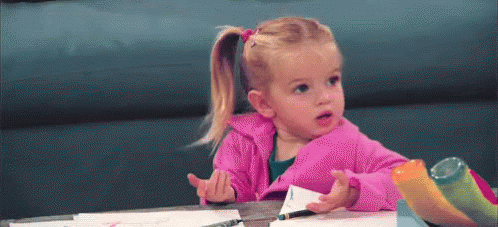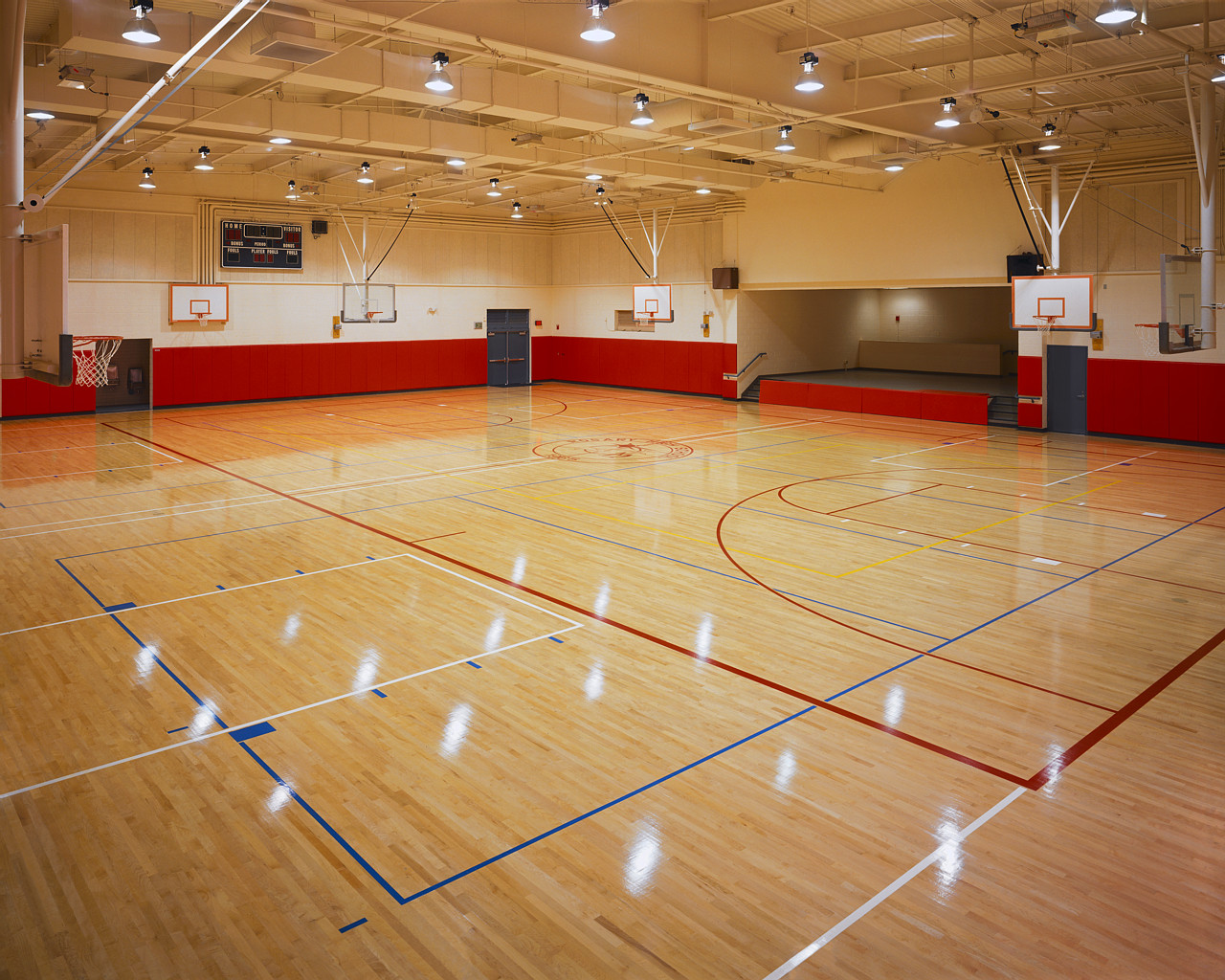The prompt for this blog post is: “Where are you going with your research?”
My initial response (in AMA format (American Meme Association)) is:

Well, that isn’t completely true. I’ve known for awhile now what interests me. I want to apply ‘trauma informed practice’ (TIP) to basketball coaching at a post-secondary level. In my last entry I wrote, quite confidently I might add, exactly what I wanted to do. Copied and pasted from my last post I wanted to base my research on:
(1) How would ACE scores of elite athletes compare to the ACE scores of general population, (2) to what extent are coaches aware of the adverse childhood experiences of their athletes and (3) to what extent does that knowledge inform their interactions and interventions with their athletes.
START TANGENT…
Wondering what the acronyms TIP and ACE stand for?
ACE = adverse childhood experience. ACE scores are based on a ten item questionnaire that was used in a study that successfully related a wide range of behaviours and health concerns in adulthood to how many ACEs in an individual’s past.
TIP = trauma informed practice. TIP relates to deliberately informing interactions and interventions with an awareness that humans experience trauma that often influences their behaviour well into adulthood.
END TANGENT…
Now, thanks to Dr. McEwen and her research methods course, I realize that, although ambitious, trying to answer all of these questions in one fell swoop is a fool’s errand (back to back clichés). Instead I’ve been forced to narrow my scope. Hoping to stay in the realm of mixed method research and assuming this topic has the potential for multiple studies, my initial focus will be to quantitatively compare the ACE scores of elite athletes to general population averages. The qualitative aspect of my research will be interview based and will revolve around question “what do you wish your coach knew about you?’ At the end of the research process I hope to discover whether or not TIP would benefit elite sport coaches by improving their ability to interact and intervene positively with their athletes.
Where to begin…
In this case, being a classroom teacher has its perks. Many school boards are focusing on TIP training for their teachers, including mine. As such, I have gone through some training myself and am only a few degrees removed from local experts on the topic. Having recently acquired the contact information for three such experts, Dr. Bruce D. Perry, Steve Graner, and Mardi Bernand, I am hoping to begin the consulting phase of my research shortly. I am also hoping to brainstorm with Dr. Shaunna Taylor and Dr. Carolyn McEwen from my HPC & TL program at UBC. Through my consultations I hope to figure out whether the ACE study and TIP have already been applied to elite sport, whether my idea has merit, and whether my drop in the research ocean will be a valuable one.
As I get closer to starting my research it gets more and more exciting. Here’s hoping I’m on the right track!
TL;DR: My research ambitions were too big, so I narrowed them. Thanks to being a teacher I have some possible connections to experts in my desired field, so I am going to contact them.
JP

Hi Jackson,
It seems like your final project is taking shape nicely, and its great to hear how the Research Methods course and dialogue with experts to this point are impacting your next steps.
Keep up the good work!
Parker, thanks for the blog and the thoughts on refining your research question. It is good that you are reaching out to some experts in the area. I think it will be interesting to look into the research on TIP and ACE so I look forward to your lit review. It will be interesting to see if you can tease out a few questions for subjects to answer regarding their perceptions of coach interventions. In this situation you might consider your methods on how you can compare the results on the ACE to TIP and moreover if you can get any information from athletes on the extent to which they believe their coach used TIP. A couple of methodological questions come to mind. One, the athlete will likely need to reflect on their current coach’s use of TIP as opposed to all coach interaction in their developmental pathway. Second, I wonder how you will inform questions that will help you to determine if coaches use TIP. The crux of your you questions is whether scores on the ACE may vary depending on perception of TIP used by the coach. This may be a tough ask.
Probably simpler way to look at the research is to examine the prevalence of ACE in a basketball athletes. I would be curious whether ACE might help to inform developmental milestones that actually foster progression in the sport pathway. Hence, if the Adverse Childhood Experience is something that was derived from the athletes home or family context, maybe sport is the pursuit that allows one to feel more “normal” or “confident” or “motivated”. Those who have higher incidence of ACE in home contexts may be driven to sport. Conversely, if the ACE was due to sport, then there is a likelihood that the athlete may drop out of sport, or if they did stay in sport it may be due to changing coaches or finding some way to overcome the ACE. The challenge would be to ask some categorical questions to see if athlete might be grouped by a certain independent factors. Then you could try to see if ACE differs across groupings. Depending on the number of groups you would need a pretty large sample. I really do not know enough about the research in the area, so my thought would be based on experiences I have seen using other psychometric tools. Anyway a few thoughts to consider.
Hi David,
Thanks for your thoughts on the topic. When I first began to consider this area my brain was spinning with ideas. Then I had a conversation with an expert in the U.S. and it was spinning even faster. Based on the interest they are receiving from professional sports franchises, this topic most definitely has a number of potential researcher pathways. Like you, I believe the first step is to establish how athletes compare to general population scores on the ACE study. Then I couldn’t decide which I was more interested in, how TIP could improve coach leadership or how working through trauma might improve athlete performance.
In my current context as an elementary teacher, I am also interested in how brain development affects athletes. We have undergone a significant amount of training on how to infuse TIP in the classroom but I have never heard the term in sport. Seeing as coaching and teaching are so similar, this disconnect surprises me. I wouldn’t be surprised if it becomes all the rage in the coming years as Bruce Perry and his team sets their sights on sport as an industry. With recent developments in sport, especially in Canada, I’m sure sport has both caused and helped to resolve trauma. The optimist in me would like to believe sport has been an overall supportive force in society but the NHL revolution has shaken my belief. Having seen its power to heal, I can only imagine it holds a similar capacity to harm when harnessed in nefarious ways.
JP